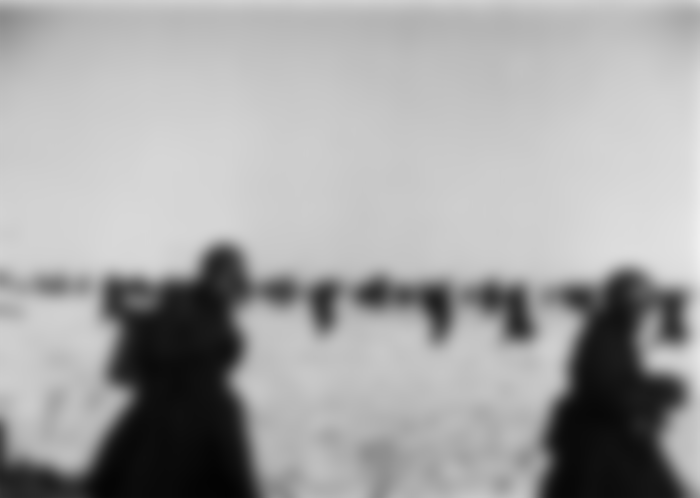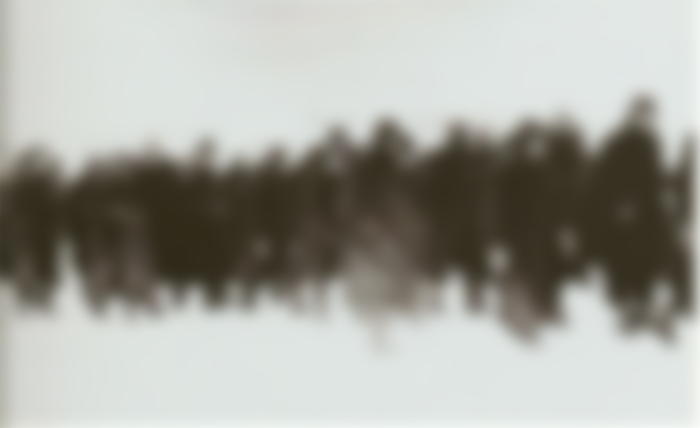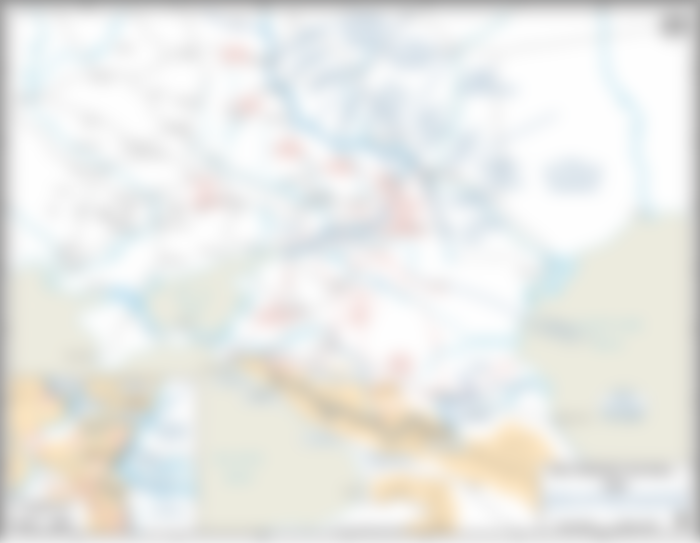As in 1940 during the German advance on Paris, when he declared war on France on his knees, so in the summer of 1941, on the occasion of the Nazi aggression against the Soviet Union, Mussolini wanted to participate and sent the Italian army to fight alongside the Wehrmacht, to participate in the spoils of war after the victory. In August 1941 the CSIR, the Italian expeditionary corps in Russia (62,000 men) under the command of sixty-year-old General Giovanni Messe, was sent to Russia, repatriated in 1942 because of disagreements with the German command. Alongside the German armies and the Romanian and Hungarian-Slovak troops, the CSIR advanced on Ukrainian territory for more than 1,500 kilometres, but the Italian soldiers did not know what kind of army they were modest and subordinate allies of. They did not know that, while they were familiar with the civilian population of the occupied villages, they acted as rearguards of the special German armies (Einsatzgruppen) in charge of the extermination of all Russian Jews. The "blitzkrieg" planned by the Germans in the great Russian plain was based on the use of armoured vehicles, fully motorised infantry and a large supply of anti-tank weapons. But in the first Italian expeditionary corps (the CSIR), the armoured vehicles were represented by a single battalion of three-tonne tanks, and our anti-tank pieces, the 47/32 guns, were only tickling the Soviet's mastodontic T34s.

In the spring of 1942, Mussolini brought the Italian staff to 220,000, incorporating the CSIR into the ARMIR. Under the impact of the Red Army, the already precarious logistics and organisational system of the ARMIR collapsed completely and the individual departments were forced to retreat into the most chaotic isolation, and in the most adverse environmental conditions, during snow and with temperatures of 30-40 degrees below zero. But why did our soldiers have to pay that terrible price of blood? Why so many dead, missing, frozen in the Don sack? What are the reasons for the defeat of ARMIR? Many things were already known, from the inadequacy of the weapons to the mistakes of the commands, to the absolute lack of clothing suitable for the freezing temperatures of the steppe. It was like after 8 September: there were no links, no orders, no directives. The losses were enormous, among the dead, missing and prisoners lost along with the retreat, the survivors gathered for repatriation were only 45 thousand. The retreat was particularly painful for the Cuneense, which covered about 250 km in the Russian steppe: sixteen hours of march a day. Of the 15,000 men who made it up, 12,575 were the fallen and the missing: boys just over twenty, who had found themselves in the whirlwind of an unintended and unheard war. According to the German Supreme Command, they were supposed to protect the retreat of the other "Great Units", both Italian and German, after the breakthrough of the Soviets in the sector held by the Romanian-Hungarian Army. The Alpine troops, under the command of General Emilio Battisti, already tried by fatigue, hunger and fighting, headed first to Novopostoyalovka and then to Valujki, where they found their end, surrounded by an enemy superior in number, weapons and armoured means.

Of course, for those boys from the "Cuneense", the "Julia" and other divisions who escaped the Soviet counter-offensive attacks on the Don and ended up prisoners, life in the camps, especially in the very first period, was extremely hard. They were exhausted, often sick, covered with rags while the thermometer went down to 40 below zero, and everything was missing, but almost everything was also missing for the soldiers of the Red Army. A lethal epidemic of petechial typhus also came to the massacre. Only, later on, did medicines and hot food arrive.

For many years we have wondered and discussed the immense tragedy that was, for Italian soldiers, the Russian campaign. A delicate subject, which in the postwar years became the subject of propagandistic instrumentalisation, hot controversies and not only verbal clashes. Seventy-five thousand people were killed by the Italian army sent by the Fascist government to the Eastern front to collaborate in the Nazi aggression. The soldiers of the Russian campaign actually lived inhuman situations and conditions, without food, without adequate equipment, piled up in prison camps like cattle in pens. The ruthlessness of the victors? No, it was answered, it was the frightening price of war, moreover a war of aggression without reason and without justification, with all its horrors. If any cruelty there was or may seem to have been, it was the consequence of other cruelties, of other violence, or the effect of that terrible condition of abnormality that is always war.



about the picture above are they soldiers?